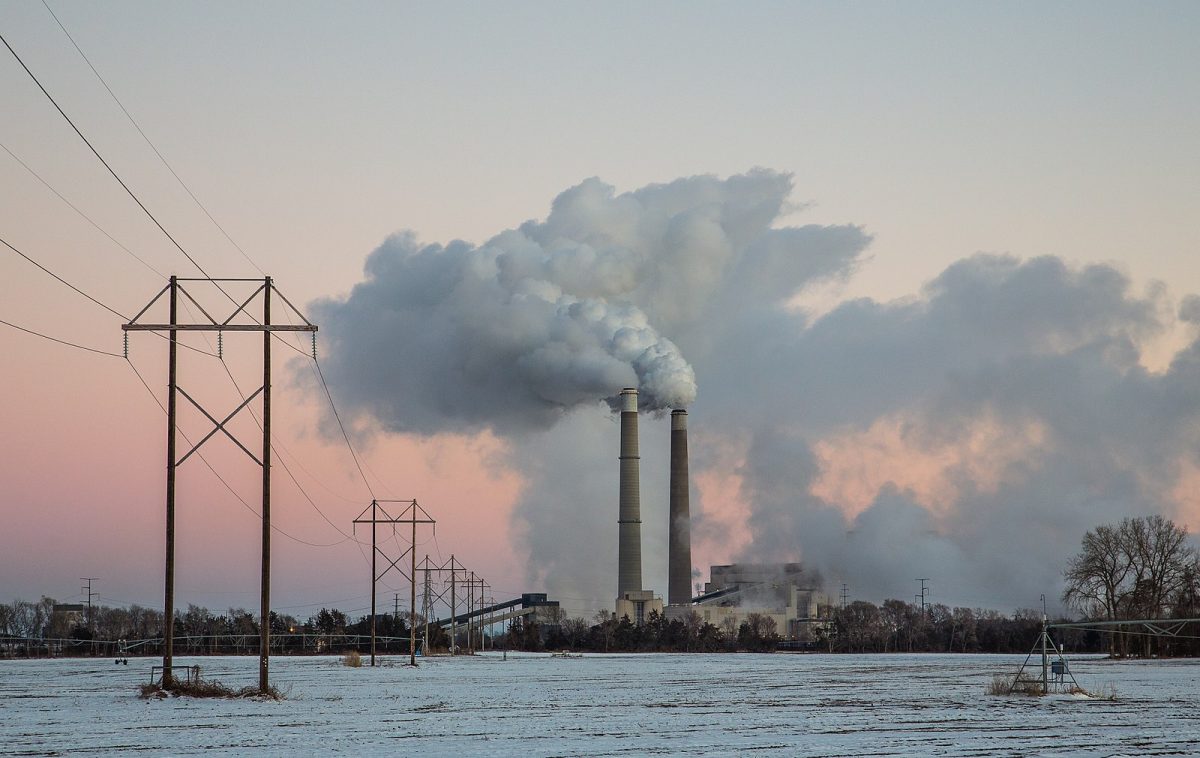The United Kingdom officially closed its last coal power plant, Ratcliffe-on-Soar, on Sept. 30, marking the end of 142 years of coal-generated electricity. This milestone signifies a shift in the country’s energy landscape, underscoring its commitment to combating climate change and transitioning to renewable energy sources.
Historically, coal has played a pivotal role in the U.K.’s industrial development. The first coal power station in the world, the Holborn Viaduct power station, began operating in London in 1882 under the Edison Electric Light Station Co.
This set the stage for a reliance on coal that would last over a century. At its peak in 1990, it accounted for about 80% of Britain’s electricity, according to the National Grid. However, by 2023, its contribution had plummeted to just 1% as the country embraced cleaner alternatives.
The transition from coal was gradual, influenced by increasing awareness of climate change and government policies to reduce greenhouse gas emissions. In 2008, the U.K. established its first legally binding climate targets in the Climate Change Act. The goal is to phase out coal power by 2025, a target met one year ahead of schedule with the closure of Ratcliffe-on-Soar. This closure marks the U.K. as the first country in the G7 major economies to entirely phase out coal as an energy source.
In the wake of coal’s decline, renewable energy sources have emerged to fill the gap. Renewable energy sources have significantly increased their share of electricity generation, accounting for almost half of Britain’s energy supply.
The U.K. government has set targets to generate all of the country’s energy from zero-carbon generation sources by 2035, with the eventual goal of being net zero by 2050.
The environmental implications of ending coal power are profound. It is recognized as the dirtiest fossil fuel and the single largest source of global temperature rise. It alone is responsible for 0.3 degrees out of the 1-degree Celsius increase in global temperatures.
The closure of Ratcliffe-onSoar represents a significant reduction in greenhouse gas emissions and a step toward a healthier environment for the U.K. and the world.
Economically, the transition to renewable energy is expected to create new job opportunities in green sectors. U.K. Energy Minister Michael Shanks told CBS News the closure of Ratcliffe-onSoar “marks the end of an era, and coal workers can be rightly proud of their work powering our country for over 140 years. The era of coal might be ending, but a new age of good energy jobs for our country is just beginning.”
The plant’s manager, Peter O’Grady, expressed pride stating, “It is an emotional day for me as well as for the team. When I started my career 36 years ago, none of us imagined a future without coal generation in our lifetimes. I am incredibly proud of what we’ve achieved together over the years and to be part of this energy milestone as the country focuses on a cleaner energy future.”
Symbolically, the end of coal power in the U.K. is a powerful statement on the necessity of transitioning to sustainable energy sources in the face of climate change. As the world grapples with environmental challenges, the U.K. aims to set an example for other nations, showcasing the feasibility of a sustainable future.
The closure of the Ratcliffe-on-Soar power plant marks the beginning of a new chapter in energy generation as the U.K. moves toward a cleaner, greener future.
Categories:
The UK closes last coal power plant, marking shift to clean energy
Ali Hussain, Science & Technology Editor
October 21, 2024
More to Discover
About the Contributor

Ali Hussain, Science & Technology Editor
Ali Hussain is the Science & Technology Editor for The Ticker.








